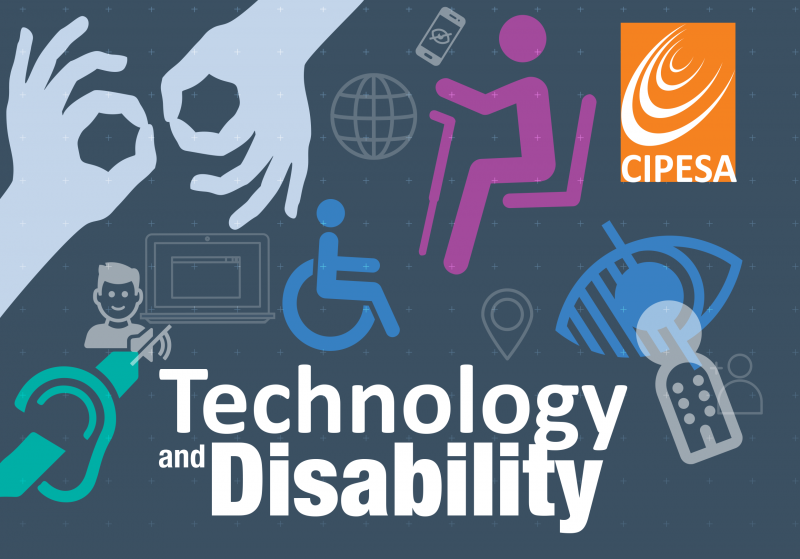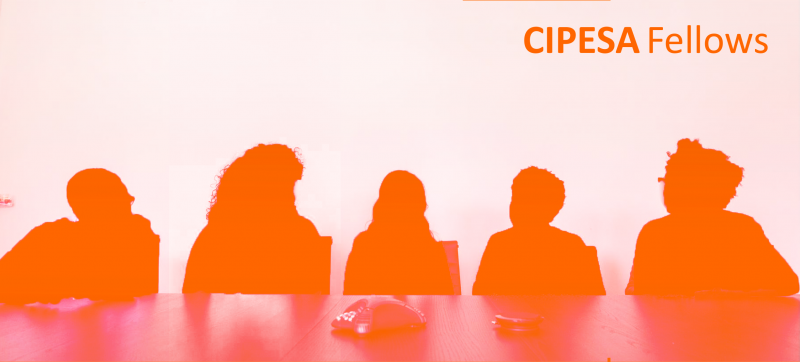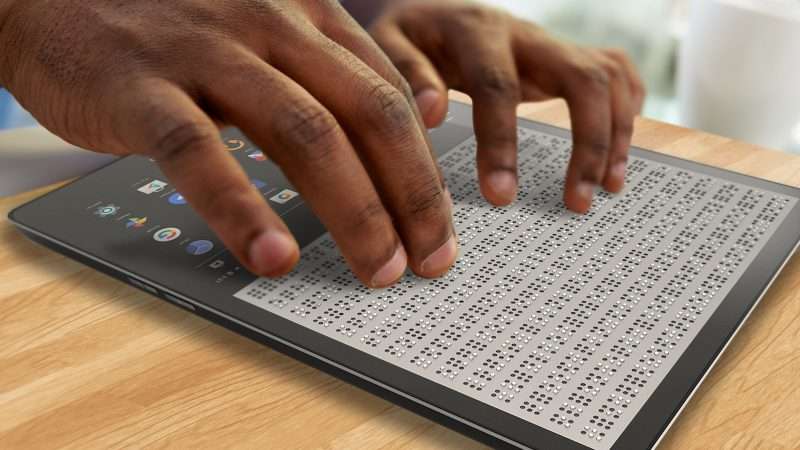By Paul Kimumwe |
While the Coronavirus disease (Covid-19) continues to ravage the world, there is growing concern that critical messages about the disease that are disseminated by health authorities, telecom companies, and broadcasters are not reaching persons with visual and hearing impairments.
In order to create public awareness about the pandemic, African governments are using mass media, notably radio and television, as well as Information and Communication Technologies (ICT), particularly social media and mobile telephony platforms. The countries with confirmed Covid-19 cases, such as the Democratic Republic of Congo, Eritrea, Ivory Coast, Kenya, Nigeria, Rwanda, Senegal, South Africa, Tunisia, and Uganda, have restricted people’s movements and banned public meetings.
Various telecommunication companies, such as MTN Uganda, Safaricom in Kenya, MTN Ghana, have also removed service charges on mobile money transactions and discounted internet data prices so as to increase accessibility and affordability of the internet.
In South Africa, Vodacom and MTN are “zero-rating” information portals run by the country’s Department of Health, meaning they allow users to access vital information about the disease even when they do not have data bundles. Vodacom customers can get free vital information about the Covid-19 pandemic by visiting the website, www.sacoronavirus.co.za.
However, concern is growing that some persons with disabilities are being left behind in accessing information on Covid-19. This is because, despite the recent expansion in the usage of ICT in the region, a large section of persons with disabilities faces digital exclusion due to lack of access and affordability of the requisite ICT tools and equipment, as well as failure by broadcasters and telecom operators to provide information and services in disability friendly formats.
Ms. Judy Okite, a disability rights activist and founder of the Association for Accessibility and Equality, says that in Kenya, it is “once in a while when they [media and government] remember there is a [need for a] sign language interpreter during Covid-19 related press briefing but, it’s very unsatisfactory.” She adds that there are no messages in braille, and for live broadcasts of discussions by national experts leading the fight against Covid-19, there is neither sign language nor captions.
The situation is similar in Ethiopia, according to Awoke Dagnew, who works with the Ethiopian charity organisation Together! He says most persons with disabilities in Ethiopia are being excluded because “most of the messages and platforms are in formats and via [electronic] channels that persons with disabilities have limited access to,” namely, television, radio, social media and telephone messages.
While several African countries have enacted laws and policies to advance the rights of persons with disabilities, including those on access and use of ICT, these laws have largely remained on paper as key provisions are neither being implemented nor enforced. For example, while broadcasters are required by law in many African countries to have sign language insets or subtitles in newscasts, educational programmes and other programmes covering national events, there is little evidence of this being done. Indeed, some key television broadcasts and public service announcements related to Covid-19 have neither sign language interpretation nor sub-titling.
See: Removing Barriers to ICT Accessibility for Persons with Disabilities in Kenya, Tanzania and Uganda
“In Uganda, [whereas] the Ministry of Health released a video in sign language with general information, still graphics used in most informative materials are not in font types, sizes and colour combinations [optimised] for the visually impaired,” observed Mohamed Kimbugwe, the Digitalization and Human Rights Technical Advisor at the GIZ office in Uganda. Moreover, while major television stations have sign language interpretation on major new bulletins, this is not always the case for other crucial public awareness campaigns, such as press conferences and updates from the national Covid-19 task force.
In Nigeria, sections 24 and 25 of the Discrimination Against Persons with Disabilities (Prohibition) require public hospitals and the government to ensure that persons with disabilities are given special considerations, including provision of special communication during situations of risk, emergicies (such as Covid-19) and other natural causes.
In the wake of declaring Covid-19 a global pandemic, the WHO issued guidelines to mitigate the impact of the outbreak on persons with disabilities. It called upon governments to take action to ensure that persons with disabilities are not left behind in the fight against Covid-19. Regarding Covid-19 public health information and communication, the WHO urged governments to:
- Include captioning and, where possible, sign language for all live and recorded events and communications. This includes national addresses, press briefings, and live social media.
- Convert public materials into “Easy Read” format so that they are accessible for people with intellectual disability or cognitive impairment.
- Develop accessible written information products by using appropriate document formats, (such as “Word”), with structured headings, large print, braille versions and formats for people who are deafblind.
- Include captions for images used within documents or on social media. Use images that are inclusive and do not stigmatise disability.
- Work with disability organisations, including advocacy bodies and disability service providers to disseminate public health information.
The International Disability Alliance (IDA) has also issued key recommendations towards a disability-inclusive Covid-19 response, including the requirement that persons with disabilities must receive information about infection mitigating tips, public restriction plans, and the services offered, in a diversity of accessible formats with use of accessible technologies.
The implementation of the WHO and IDA guidelines and recommendations need not be treated as a favour, as African governments are obligated under both the United Nations Convention on the Rights of Persons with Disabilities (CRPD) and the Protocol to the African Charter on Human and Peoples’ Rights on the Rights of Persons with Disabilities in Africa (ACHPER PD) to provide equal opportunities, accessibility and inclusion of persons with disabilities. Specifically, Article 9(b) of the CRPD requires states to take appropriate measures to ensure that persons with disabilities have access, on an equal basis with others, to information, communications and other services, including electronic services and emergency services.
Additionally, Article 25(b) of the CRPD requires states to take all appropriate measures to ensure access for persons with disabilities to health services (and information) that are gender-sensitive, including health-related rehabilitation.
On the other hand, state are required, under Article 19(2) of the ACHPER PD Protocol to put in place policy, legislative, administrative and other measures to ensure these rights, on the basis of equality, including requiring private entities, such as telecom and television companies, to provide information and services in accessible and usable formats for persons with disabilities.
Re-echoing the WHO guidelines, Okite recommends that governments and other agencies, including telecom and broadcasting companies involved in the design and dissemination of Covid-19 related public information, should ensure that they make all the information accessible to persons with disabilities. “If it’s online content, let it be in an accessible format, in some instances use diagrams, in a live interview /discussion let there be transcriptions or sign language that all persons may get information first-hand to avoid anxiety and fear and misunderstanding.”
Televised programmes that feature experts discussing Covid-19 should have sign language interpreters and transcriptions to enable persons with visual and hearing impairments to benefit from the expert knowledge.
In Uganda, the National Union for Persons with Disability (NUDIPU) has called for the suspension of the social media tax (OTT) whose introduction in 2018 exacerbated the digital exclusion of marginalised populations, to enhance access to information and ease communication for persons with disabilities, especially the deaf.
In designing and disseminating Covid-19 related messages, telecom companies need to ensure that these are in multiple formats – including SMS, audio, visual and in disability friendly formats.









